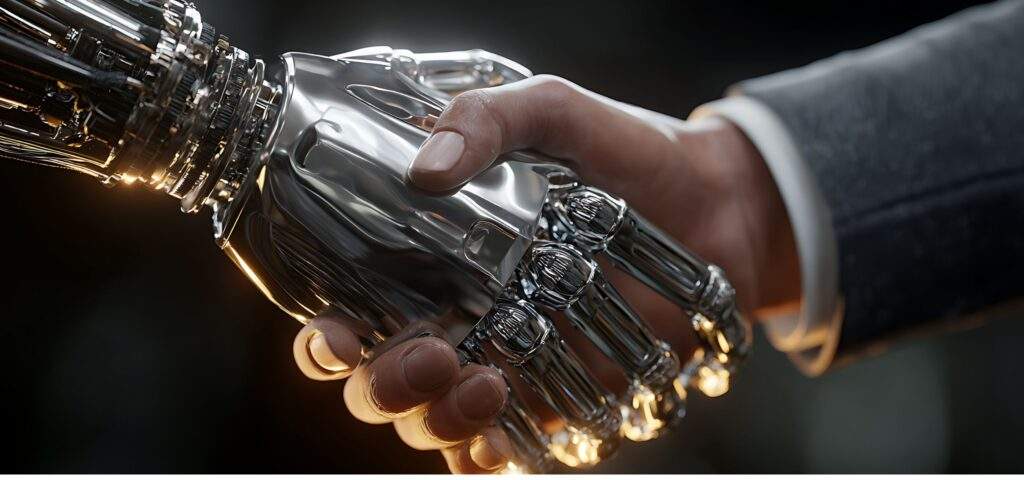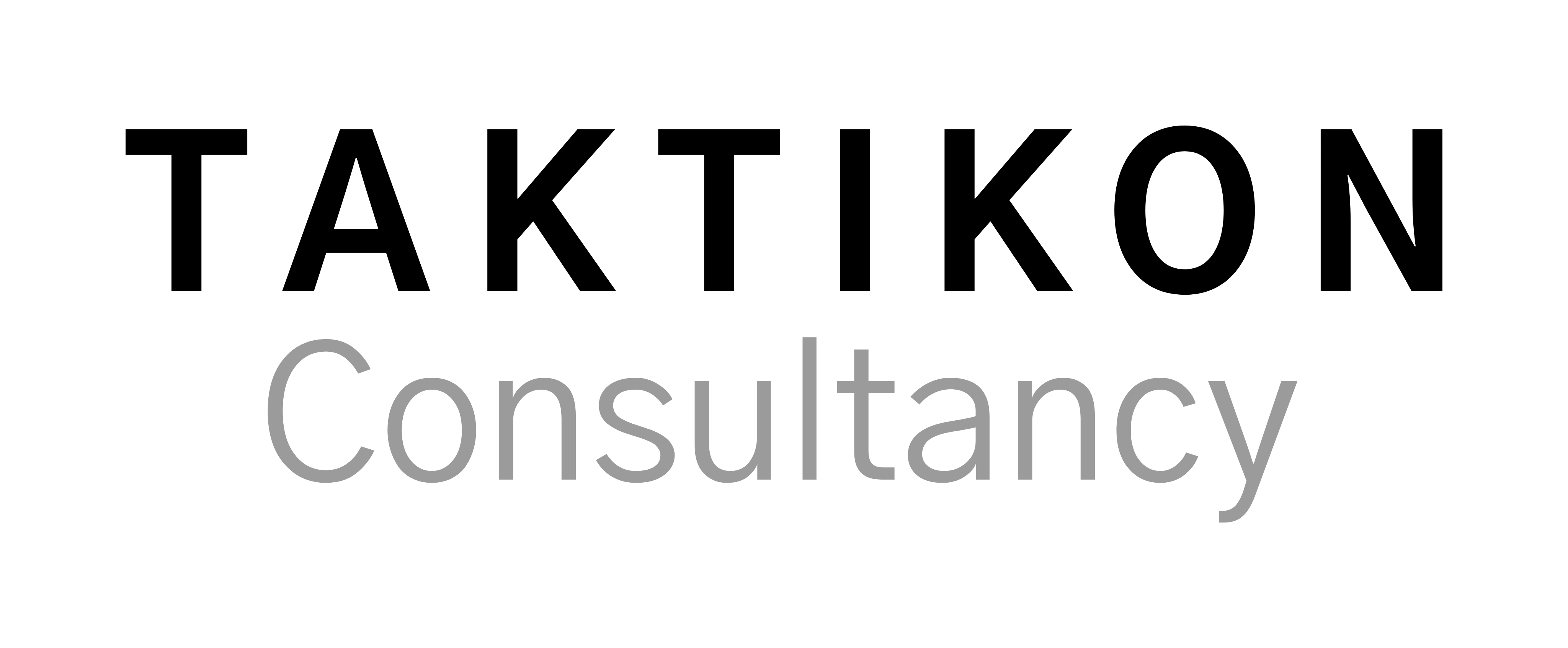Artificial Intelligence (AI) has entered nearly every part of the hotel industry, and Revenue Management is no exception. With the rise of advanced algorithms, predictive analytics, and machine learning, many hoteliers wonder: how long will it take until machines can fully take over the role of a Revenue Manager? While AI is incredibly powerful, the reality is more nuanced. The future will not be a simple case of “man versus machine.” Instead, the evolution of Revenue Management will be about human expertise enhanced by AI.

The Rise of AI in Revenue Management
AI has already transformed how Revenue Management professionals work. Today’s systems can process huge amounts of data faster than any human could. Demand forecasting, competitor pricing, market segmentation, and even inventory control are increasingly powered by algorithms.
Modern Revenue Management Systems (RMS) use machine learning to detect booking patterns, seasonality, and guest behavior in real-time. These systems recommend rate changes, identify upselling opportunities, and provide insights that would take a human hours,if not days,to compile.
In short: AI excels at speed, data analysis, and identifying correlations. But does that mean it is ready to replace human decision-making altogether? Not quite.
The Limitations of Machines
AI may be powerful, but it is not infallible. Algorithms are only as strong as the data they receive, and hotels often face challenges like incomplete information, unpredictable events, or market disruptions. For example:
- Pandemic-like scenarios: No AI could have predicted COVID-19’s impact on travel patterns.
- Sudden geopolitical changes: War, elections, or natural disasters can disrupt demand overnight.
- Emotional and cultural nuances: Machines cannot fully capture the emotional side of guest behavior or the cultural context behind purchasing decisions.
A system might suggest lowering rates drastically during a period of low demand, but a skilled Revenue Manager might recognize that holding the line maintains brand positioning and long-term profitability.
The Human Advantage
Human Revenue Managers bring something AI cannot replicate: judgment, empathy, and strategy.
- Judgment: Revenue Managers understand that pricing is not only about filling rooms; it is also about profitability, positioning, and long-term strategy.
- Empathy: Humans can see beyond numbers and understand what guests truly value, adjusting strategies to enhance the overall guest experience.
- Creativity: Machines are pattern recognizers, not innovators. Humans can test unconventional strategies, design promotions, and adjust based on intuition.
AI may suggest what is optimal from a mathematical standpoint, but it takes a person to balance commercial goals with the broader brand story and guest perception.
Collaboration: The Future of Revenue Management
The future is not about humans being replaced, but rather about collaboration. AI handles the heavy lifting, data crunching, forecasting, and identifying trends, while Revenue Managers focus on the interpretation and execution.
Think of AI as the engine and the Revenue Manager as the driver. Without the driver, the car might move, but it will not necessarily reach the right destination. Revenue Managers will increasingly act as commercial strategists, bringing together sales, marketing, distribution, and guest experience into one coherent strategy.
This collaboration also allows revenue professionals to spend less time on repetitive tasks and more time on value-creating activities like:
- Strategic partnerships with OTAs and corporate clients
- Tailored promotions for key segments
- Cross-departmental collaboration with marketing and operations
- Enhancing the guest journey with personalized offers
How Long Until Machines Take Over?
The question of timing is complex. AI is advancing rapidly, but a complete takeover is unlikely in the near future. Most experts agree that while algorithms will become more autonomous, the human element will remain critical for at least the next 10–15 years and likely much longer in industries as dynamic and experience-driven as hospitality.
We may see more hybrid models, where AI systems operate with minimal human intervention for day-to-day decisions, but humans step in for exceptions, disruptions, or strategic redirection. In fact, the more competitive the market becomes, the more valuable the human touch will be.
The Human Touch Is the Differentiator
Hotels do not compete only on price; they compete on value, experience, and brand. Machines cannot understand context in the same way humans can. The Revenue Manager of the future will not be the person manually updating rates but the commercial leader who ensures that technology, data, and human insight align to create guest loyalty and long-term profitability.
Key Takeaways
- AI enhances, not replaces: Artificial Intelligence supports Revenue Management by automating data-heavy tasks.
- Humans add strategy: Revenue Managers provide judgment, creativity, and empathy that machines cannot replicate.
- Collaboration is the future: AI and humans together will define the next era of Revenue Management.
- Full automation is decades away: Machines may handle routine decisions, but strategic leadership remains human.
- The human touch is the differentiator: True competitiveness in hospitality comes from blending technology with emotional intelligence.
AI will reshape the role of Revenue Managers
he future belongs to professionals who can embrace technology while amplifying the uniquely human skills of judgment, creativity, and empathy. Instead of fearing AI, Revenue Managers should learn to partner with it, using data-driven insights to enhance, not replace, the human touch.
Are you ready to transform your Revenue Management strategy and prepare for the AI-driven future of hospitality? Get in touch with us at Taktikon and let’s explore how we can combine the best of technology and human expertise to take your revenue to the next level.
